Along with the site visits to schools and educational administrations we were able to visit a couple of cultural sites around Western Germany and the Berlin area. Even though I had been to Germany back in 2017 it was really interesting to see some new areas, and see some of the ways the country has changed by revisiting some of the same areas I had already been to. One of the great things about Germany is since it is such a dynamic and culturally diverse country the landscape can change rather quickly. This is especially true in the topics being discussed. The ongoing war in Ukraine and the COVID-19 pandemic were ever present across Germany. In education the pandemic has affected teachers and students much like it has in most parts of the world. As a leader in the European Union Germany has been trying to do its part to support the people of Ukraine. This is easily visible around much of the country in the form of Ukrainian flags hung in support. In classrooms the presence of Ukrainian refugees really brings the war home. Field Experience Guiding Questions
Although my questions were not answered as directly as I may have wanted coming into this experience, I kind of changed and adapted what I was looking at as I went along. One of my biggest insights that I was able to come up with is that even though the educational systems differ, students and teachers are very similar in Germany and in the United States. When I went on my study tour with the Transatlantic Outreach Program in 2017 I learned quite a lot about the structure of the German education system, so that really was not new for me this time. What was new, was the information I was able to get by talking with teachers. One of the funny things is that in the United States we frequently hear about the excellence of the German system, and once we got there we were able to see some of those elements. From talking with teachers though, we were able to see that they deal with a lot of the same complications that we deal with here. Issues like cell phones still create problems, but it was interesting to see that they do not have to deal with issues like students missing frequently due to sports and activities. The most positive experience in Germany by far was the opportunity to sit in on classes and see students acting like students and teachers working through the day. Unfortunately, since our site visits were taking place at the end of the year we really were not able to see too much into the teaching strategies. We did talk about what it means to be a teacher, and the work that goes into becoming a teacher, but did not get to see too much of practice. One of the cool things we were able to see at our site visit was the end of year project they were working on. The whole school was doing a study of dance, as a physical education unit. Each class was student led, going through the process of learning a pre-designated dance, and then one that the students came up with. A lot of the instruction the students were doing was in German but it was interesting to see the dynamic and how the students were working together.
This website is not an official U.S. Department of State website. The views and information presented are the grantee's own and do not represent the Teachers for Global Classrooms Program, IREX, Fulbright, or the U.S. Department of State.
0 Comments
Unfortunately Covid-19 still has us all grounded and unable to travel internationally still this summer so the major challenge is looking at how to increase global competency while being stuck local?
This summer has been a great chance to reflect on my own teaching and look at the curriculums I have been developing over the last 12 or so years of my career to see how I can improve it. In a typical summer I usually have at least one large international trip that takes time to prep for, and then the actual time to be able to travel. Not this year. So, instead I have been focusing on my curriculum and how I can improve it so that my students can get more out of it. One of the things that has been of a particular interest is my Global Studies (World Environmentalism) course and my Behavioral Science course. With both courses I have completely revamped them with a particular focus of adding global context and representation. On of the things that I have been especially interested in is representation. I went through and noted the case studies and even the pictures that I used in assignments, lectures, and case studies, and revamped assignments to include more parts of the world, and add pictures that more reflected the diversity of our planet. One idea that particularly stuck with me in this process was the TED Talk by Chimanmanda Adichie on the Danger of a Single Story.. This caused me to go through my curriculum and look at how particular groups or areas were portrayed. One thing I saw was that I really only highlighted areas of concern for some regions (like Sub-Saharan Africa) so it was very possible that students who were in my class might come away with a very narrow thinking of the region. So I went back through into my curriculum and added case studies that more reflected regions in positive manners as well. So I did not remove the representations of the struggles, because those are important as well, but I wanted to show that every region has struggles, but there are successes as well that need to be highlighted. This actually connects to a wider discussion right now in the United States about the role of Critical Race Theory in classes and whether or not it should be taught. To not teach about topics, like race, from multiple perspectives is a disservice to students. Students must be made aware of not only the accomplishments of a country, but also the wrongdoings. This is not meant to get students to hate a particular country or group of people, rather it is to get students to recognize the importance of perspective (time and space) to see how to better improve. So, while I have not been able to travel much this summer, instead I have been able to devote my time to re-developing my curriculum to incorporate more potential for the inclusion of multiple perspectives at multiple scales. An important piece of students' development of global citizens is the appreciation for the experience of others. Something that will now be more purposeful in my classes through the inclusion of multiple narratives. |

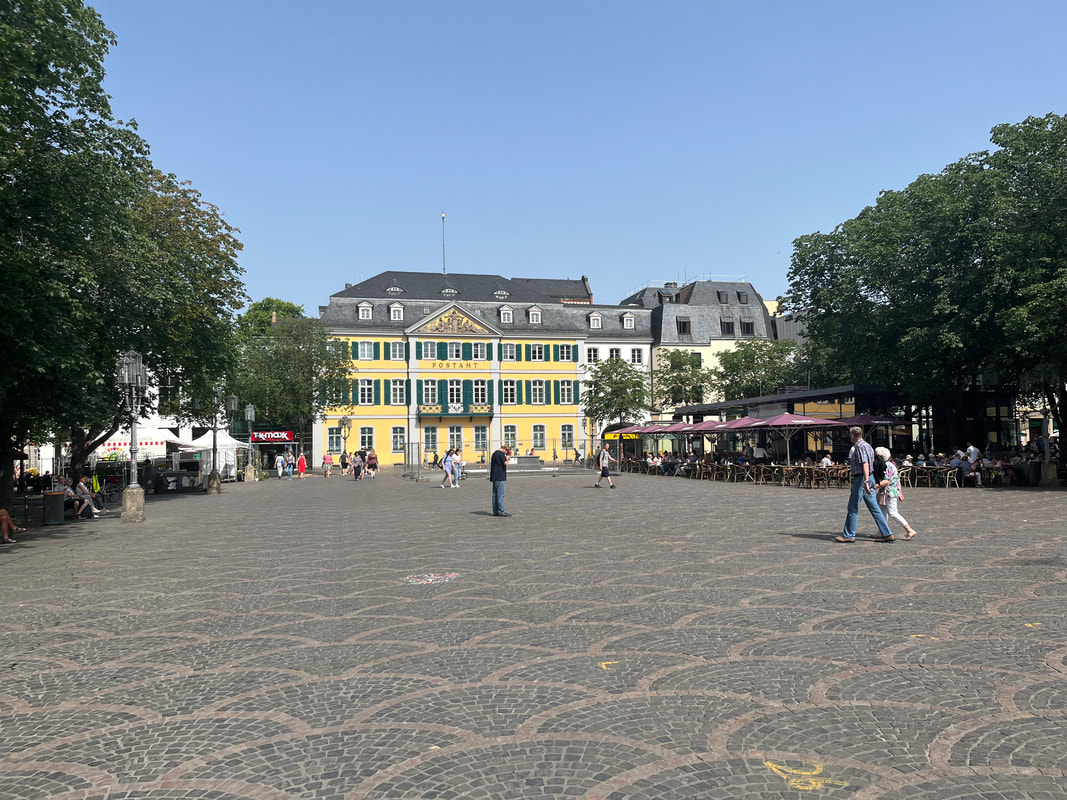
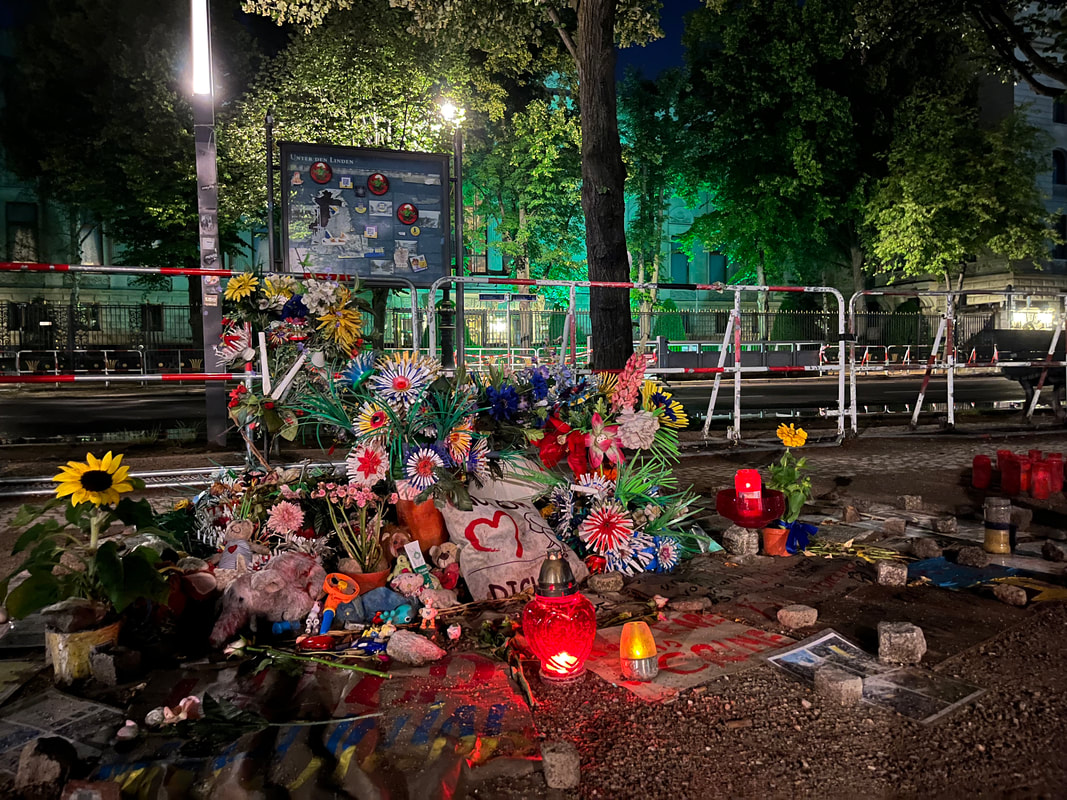
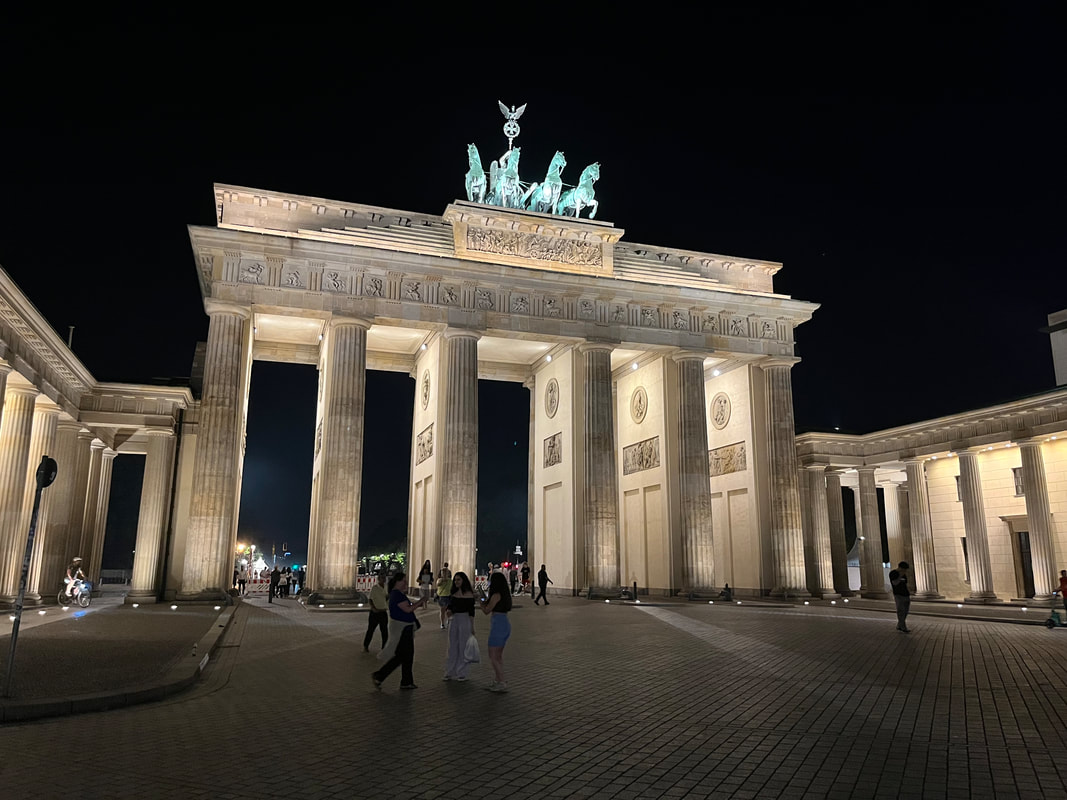
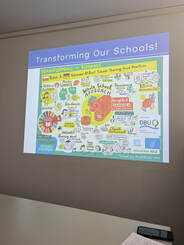
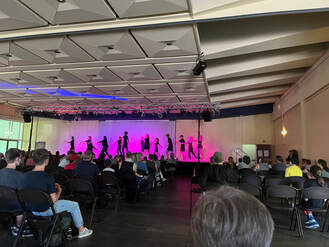
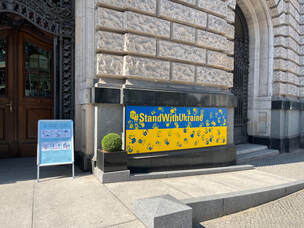
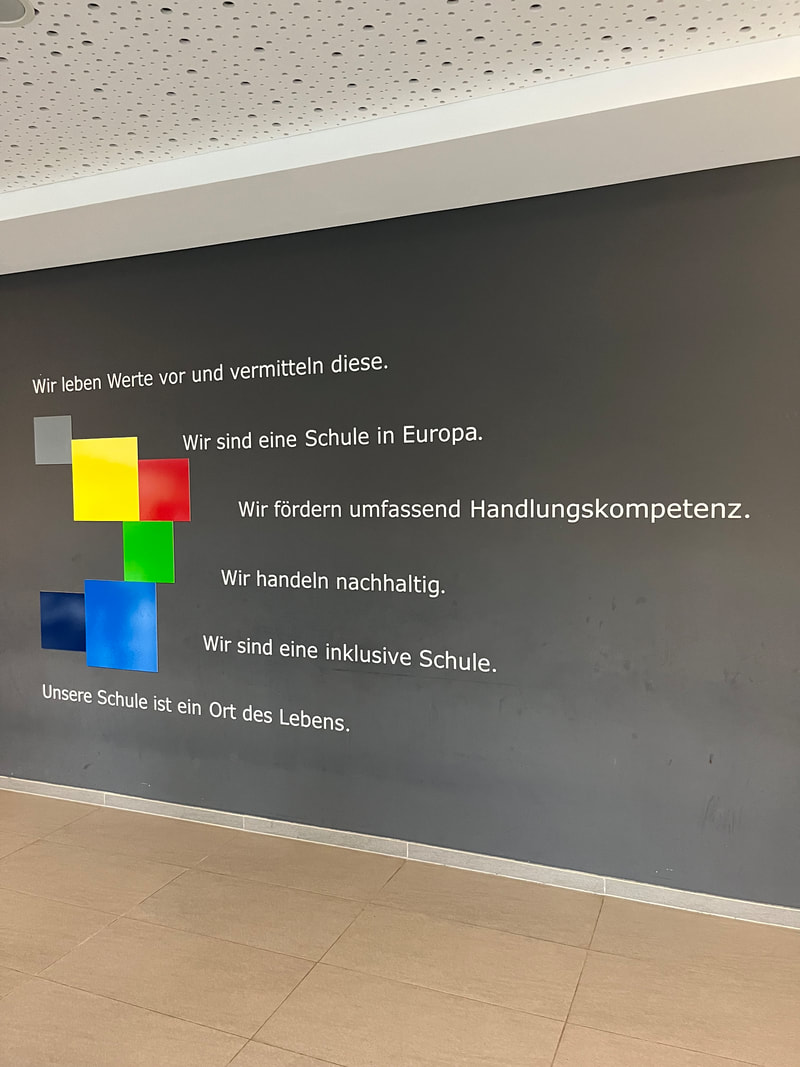
 RSS Feed
RSS Feed
